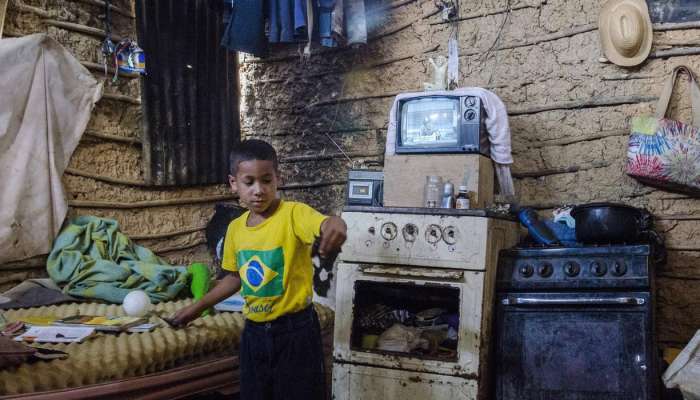
Mexico City: Venezuela's government and its opposition agreed on Saturday to create a humanitarian fund to help the country out of its years-long political crisis.
The UN-managed fund will be used to finance health, food and education programmes for the poor. The funding will come out of the more than $3 billion (€2.88 billion) Venezuela holds in frozen assets in foreign banks that will likely be gradually unfrozen thanks to the deal.
The agreement was signed in Mexico City by representatives on behalf of President Nicolas Maduro and the opposition, including the faction backed by the United States and led by Juan Guaido.
In reaction, the Biden administration eased some oil sanctions, allowing energy giant Chevron to resume operations in the oil-rich South American country and import Venezuelan crude into the US again.
Profits from the sale of energy will be directed to paying down debt owed to Chevron by Venezuela.
Norwegian mediator Dag Nylander hailed the agreement as a "historic milestone," adding though that the country's crisis could only be solved by Venezuelans themselves.
"The parties have identified a set of resources belonging to the Venezuelan state frozen in the international financial system to which it is possible to progressively access, understanding the need to obtain the authorizations and approvals" from foreign institutions and organisations," he added.
Venezuela's longrunning political crisis has worsened since Maduro declared himself the winner in the contested 2018 elections, which were widely seen as fraudulent.
Dozens of countries, including the US, Canada and the EU recognized opposition leader Juan Guaido as the country's legitimate leader.
Donald Trump's administration ramped up economic sanctions against Maduro's government and granted Guaido authority to take control of bank accounts that Caracas has in US financial institutions.
The sanctions spurred high inflation, which caused food and medicine shortages.
More than 7.1 million Venezuelans have left the country, according to UN estimates, many migrating to other Latin American countries or the US.
Three-quarters of those who remain in the country live on less than $1.90 a day, an international measure for extreme poverty.
Maduro's government has been accused of committing crimes against humanity to crush Venezuela's opposition.
It is hoped the humanitarian fund will help prevent Venezuelans from fleeing by improving access to food, medicine and medical care, and by financing infrastructure projects to repair the country's electricity grid.
Could poverty fund steer election course?
The fund approval comes with conditions for the 2024 presidential elections and the status of hundreds of political prisoners.
However, these issues will not be discussed in this round of talks, which are the first in more than a year after Maduro's delegates walked away following the extradition of businessman Alex Saab from Cape Verde to the US on money laundering charges.
Saab remains in custody, but his wife, Camila Fabri de Saab, is part of Maduro's delegation.
International efforts to resolve the Venezuelan crisis have gained strength since Russia's invasion of Ukraine and the pressure it has placed on global energy supplies.